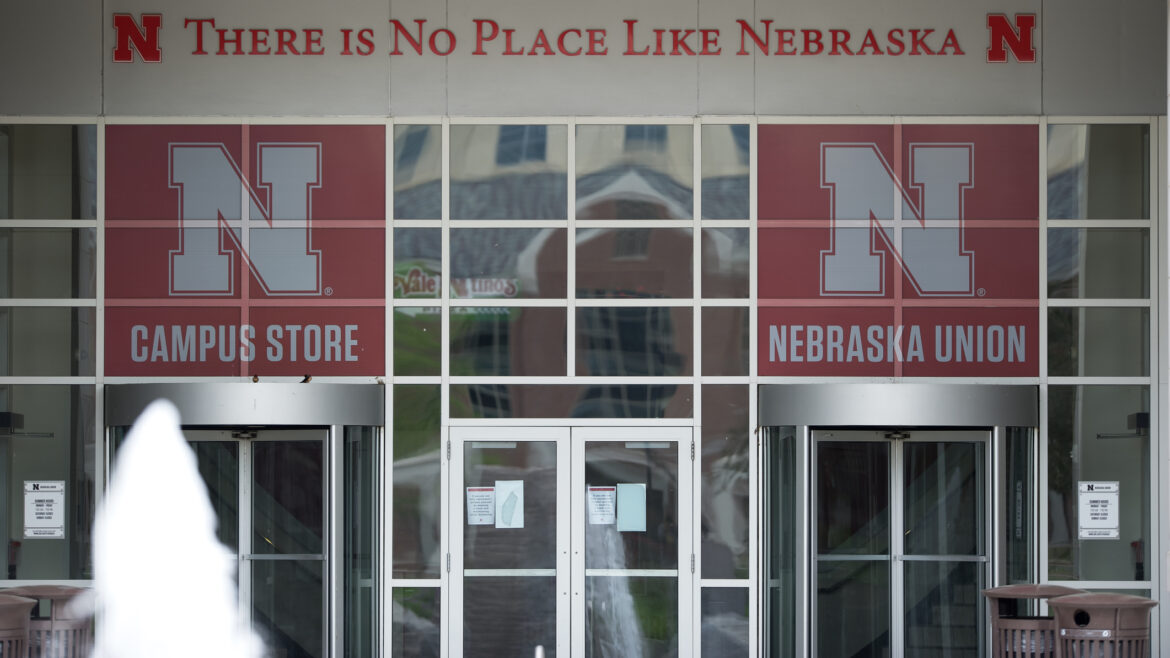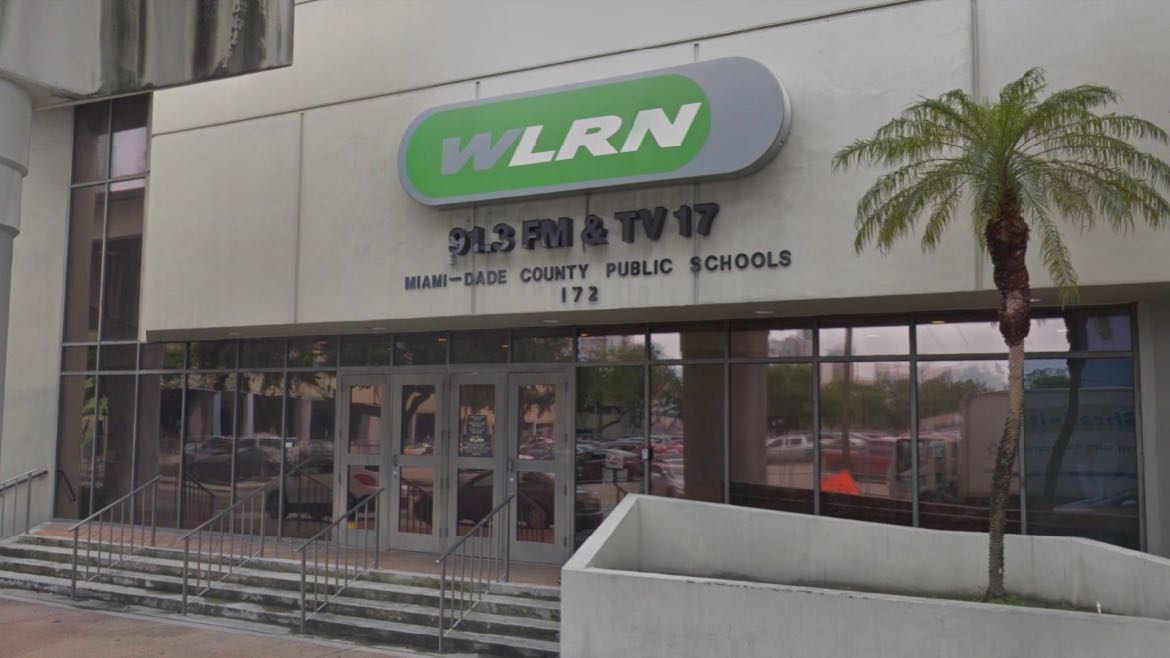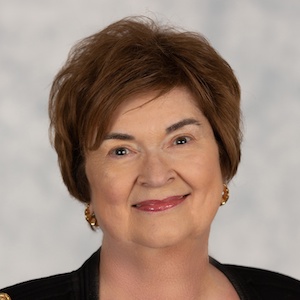Civil rights complaint targets Black Public Media’s residency at University of Nebraska

sshepard / iStock
The University of Nebraska-Lincoln's student union in May 2021.
The University of Nebraska-Lincoln is facing a federal civil rights complaint targeting a public media residency program that supports Black artists and scholars working in emerging media.
The Equal Protection Project, a nonprofit formed this year, said it filed a complaint against the Black Public Media Residency, which the university’s Johnny Carson Center for Emerging Media Arts and Black Public Media launched last year.
The complaint, filed Sunday with the Department of Education’s Office for Civil Rights, alleges that the residency violates Title VI of the Civil Rights Act of 1964, which bans discrimination on the basis of race. The complaint requests an investigation and the imposition of fines and other penalties if the residency is found to violate the law.
“After the Supreme Court’s Harvard decision there can be no doubt that universities may not even take race into account to advance diversity objectives,” said William Jacobson, a professor at Cornell Law School who established the Equal Protection Project, in a statement. “Yet that is exactly what the U. Nebraska-Lincoln program does. It reserves a spot on program teams for black students in order to foster diversity, creating a disadvantage … for others.”
The Equal Protection Project, an offshoot of Jacobson’s Legal Insurrection Fund, claims the residency is illegal in light of the U.S. Supreme Court’s June 29 ruling in Students for Fair Admissions v. President and Fellows of Harvard College, which struck down race-based affirmative action in university admissions. Inside Higher Ed noted that the project filed an amicus brief supporting the plaintiff Students for Fair Admissions and has challenged numerous race-conscious programs.
On its website, the Equal Protection Project said it’s “devoted to the fair treatment of all persons without regard to race or ethnicity. Our guiding principle is that there is no ‘good’ form of racism. The remedy for racism never is more racism.”
Last year, the Black Public Media residency provided grants of $5,000 to $10,000 to three Black artists to develop their emerging media projects, including a video game and exhibitions. The program is part of Black Public Media’s initiative to increase Black creators’ participation in storytelling through emerging technology. It is funded in part by the National Endowment for the Arts, according to Nebraska Today, a publication of the University of Nebraska. The Carson Center provides professional and development support to the residents and access to its computer technology and production equipment.
Black Public Media, based in Harlem, N.Y., said in a statement that the artist-in-residence program “serves storytellers who want to use technology as their creative medium instead of or in addition to traditional film.” Participants may be invited to present their work at BPM’s annual PitchBlack Immersive Forum, which awards up to $50,000 in funding to winning projects.
BPM “will continue its work to support the development of visionary content creators and to distribute stories about the global Black experience to inspire a more equitable and inclusive future,” the statement said. BPM is one of five separate consortia founded to support public media content by and for minority groups. These organizations make up the National Multicultural Alliance.
A spokesperson for the university told the Lincoln Journal Star Monday that it had not yet received a copy of the complaint from the Office for Civil Rights and said “When we do, we will respond appropriately.” The university did not respond to Current’s request for comment.
The Department of Education’s Office for Civil Rights updates its list of investigations monthly and cannot confirm receipt of the complaint, according to Alberto Betancourt, press officer.
Jacobson told Current Tuesday that the civil rights office had not notified his organization that it had opened an investigation.
The Equal Protection Project “stands against all racial discrimination, regardless of who is targeted and who allegedly benefits,” Jacobson said. “U. Nebraska-Lincoln purports to live up to this value in its own anti-discrimination policies, but it needs to walk the walk, not just talk the anti-discrimination talk. There is no ‘Diversity, Equity, and Inclusion’ exception to the anti-discrimination laws and the Equal Protection guarantee in the 14th Amendment.”






